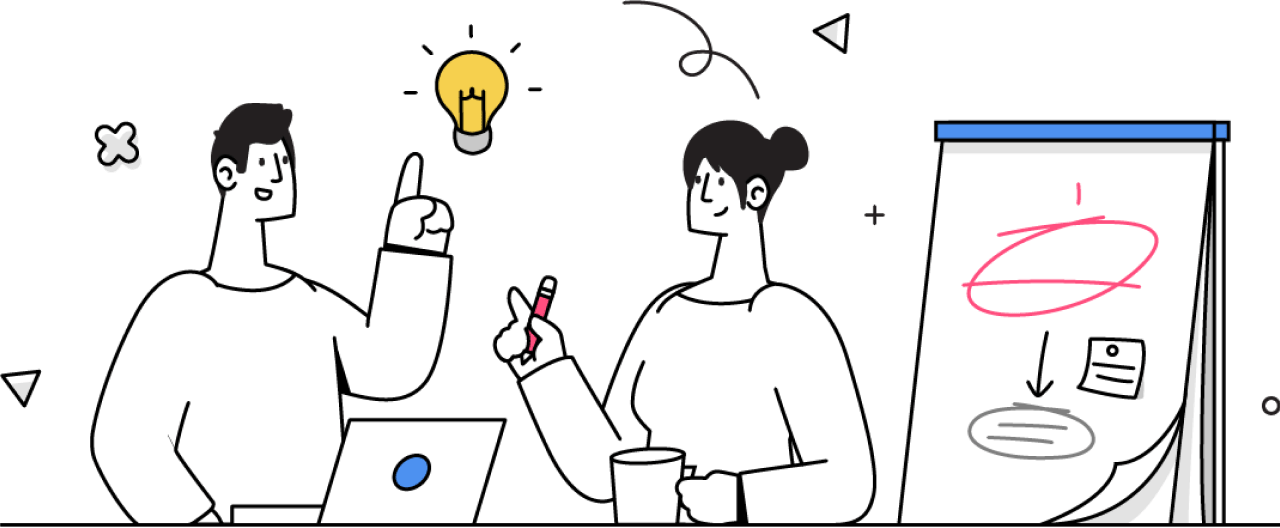International Course in Soft and Research Skills

Abstract
“Soft skills” refer to non-technical, interpersonal, and communication skills essential for success in the workplace and life. These skills complement hard or technical skills, which are specific to a job or task. Soft skills have gained significant attention in recent years for several reasons:
- Human Interaction: No matter how advanced technology becomes, human interaction will always be at the core of business and personal relationships. Effective communication, empathy, and teamwork are vital for building and maintaining these relationships.
- Complex Problem Solving: While technical skills may equip someone to solve clearly defined problems, soft skills often come into play when problems are more ambiguous—critical thinking, creativity, and adaptability help in navigating complex issues.
- Emotional Intelligence: Recognizing, understanding, and managing our own emotions, as well as the emotions of others, is key to building strong relationships and making sound decisions.
- Adaptability in the Workplace: The modern workplace is ever-changing. Employees who can adapt, manage change, and help others navigate transitions are invaluable.
- Leadership and Management: Leadership isn’t just about setting a vision and inspiring, motivating, and guiding others toward that vision. This requires various soft skills, including communication, conflict resolution, and mentorship.
- Client Relations: For client-facing roles, understanding client needs, building trust, and effectively communicating are essential to maintaining long-term relationships and securing business.
- Cultural Awareness: As businesses become more global, understanding and respecting cultural differences becomes vital. Soft skills help individuals navigate these differences to build productive relationships.
- Future-Proofing Careers: While hard skills might become outdated with technological advancements, soft skills like interpersonal communication, negotiation, and problem-solving remain valuable.
- Increasing Automation: As routine tasks become more automated, human-centric skills, which are harder to automate, become even more crucial.
- Holistic Development: On a personal level, soft skills contribute to holistic human development, enhancing social interactions and improving overall quality of life.
In essence, while hard skills might get you the job, soft skills often determine how successful you’ll be in that job and how well you’ll progress in your career. They play a pivotal role in fostering collaboration, boosting productivity, and ensuring sustained growth in a professional setting.
In this course, we will present the fundamentals and hold some interactive sessions with the participants.
Learning Outcomes
By the end of the course, participants should be equipped with a comprehensive set of soft skills that complement their digital literacy, enabling them to navigate the modern workplace with confidence and competence.
Soft Skills:
Communication Skills:
- Effectively convey ideas and information in written, verbal, and visual formats.
- Demonstrate active listening skills to understand and respond appropriately to others.
Teamwork and Collaboration:
- Collaborate effectively within diverse teams to achieve common goals.
- Provide and receive constructive feedback to enhance team performance.
Problem Solving and Critical Thinking:
- Identify, analyze, and propose solutions to complex problems.
- Apply critical thinking techniques to evaluate information and make informed decisions.
Emotional Intelligence:
- Recognize and manage personal emotions and those of others.
- Demonstrate empathy and understanding in interpersonal interactions.
Adaptability and Flexibility:
- Adjust to changing circumstances and embrace new challenges.
- Demonstrate resilience in the face of setbacks.
Time Management:
- Prioritize tasks and manage time effectively to meet deadlines.
- Set and achieve personal and professional goals.
Digital Literacy:
Basic Computer Skills:
- Operate common software applications such as word processors, spreadsheets, and presentation tools.
- Understand the basic components and functions of a computer system.
Internet Navigation and Research:
- Efficiently search for, evaluate, and use information from the internet.
- Understand the principles of online safety and security.
Digital Communication:
- Use digital tools like email, messaging apps, and video conferencing platforms effectively.
- Understand the etiquette and best practices for digital communication.
Digital Content Creation:
- Create and edit digital content using various software tools.
- Understand the basics of graphic design, video editing, and content publishing.
Digital Ethics and Online Safety:
- Recognize the importance of online privacy and the risks associated with sharing personal information.
- Understand the ethical considerations related to digital content creation and sharing.
Understanding of Emerging Technologies:
- Stay updated with the latest digital trends and technologies.
- Evaluate the potential impact and relevance of new technologies in personal and professional contexts.
Curriculum of the course
Starts on
3rd of October, 2023
Ends on
27th of January, 2024
Sequence
Every Friday 9.00 – 11.00 CET in Zoom
Awarded
3 ECTS
Instructors:
- Dr. Konstantinos Petridis Hellenic Mediterranean University, Greece
